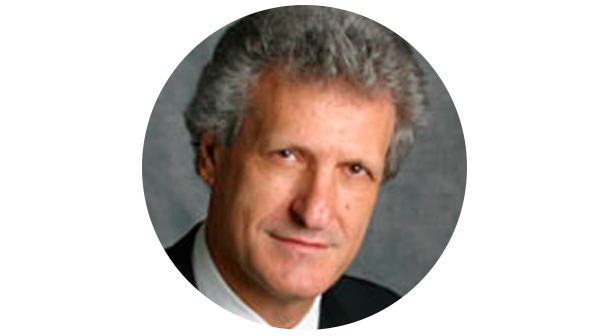Being or Becoming: Citizenship with Religious Purpose
TORONTO – It is a hostile world. From when our mothers first introduced us to Nature’s light, we, and those around us, struggle to define our essence, our Being. It does not take long to discover that the struggle concerns what and who we Become. It is a path which course is replete with pitfalls, disappointments and successes. In Nature, observers tend to refer to the process as the ‘survival of the fittest’.
It is a rather cynical perspective on life: you are what you become as you adapt to or phase into “today”, stripped of psycho-emotional attachments to the people around you. There are no rules, no guidelines, because Nature has determined that you ‘eat or be eaten’, except that Nature has provided some safeguards by making some creatures more interdependent than others.
Humans, for example, evolved and developed some moral, later legal precepts to mitigate, moderate human behaviour for the common benefit. Those codes, ‘religious (reciprocal obligations) principles’, emerged from the concept of ‘I do this for you if you do that for me’. In some circles that is a covenant for membership in the collective, a particular society.
Only recently have we come to accept that one might belong to more than one society: in political terms, be a citizen of more than one state, country at the same time. In other words, share loyalty equally between various [otherwise] competing entities. As an aside, I hold only one political passport. I exercise my participation in decision-making in only one country, even if any number of others may welcome me in their midst.
In religious affiliation, adherence [loyalty] to a given set of tenets determines your Being. Those tenets re-enforce “what one is supposed to be”. If one tends to do something different, one is becoming something else. Judgementalism aside, every parent (or the overwhelming majority of them) attempts to equip their offspring with the guiding tenets and skills- sets necessary to maximize the positives of life in the milieu they recognize. It is a tough job.
Even Pope Francis, leader/head of the world’s largest religious entity, whose adherents are more numerous and widespread than any other, has learned that some vocabulary engaged in explaining that dynamic is bound to offend someone. This is particularly true when the speaker (in this case, the Pope) slips into a vernacular, not his own, to convey an impression tarnished by the pedestrian quality of the vocabulary – even if it was uttered in camera. He felt compelled to apologize to those who might have been offended.
He did not adjust the tenets of the Church. Essentially, he said it is not reflective of reality if you insist on becoming something different from what we recognize as optimal conduct for what we are being. If an individual rejects the guidelines of the Church, it means the person is not a member of that Church, pure and simple. In Canda, we profess to live in a Multicultural society where we do not compel adherence to any particular group – that too is for another article.



